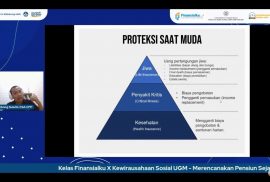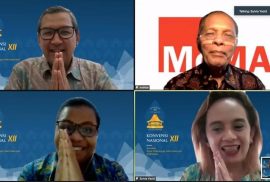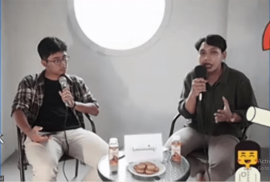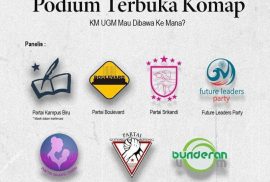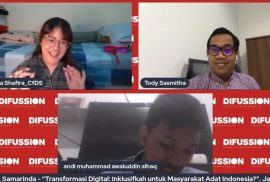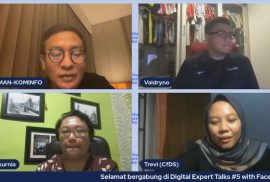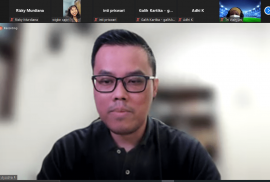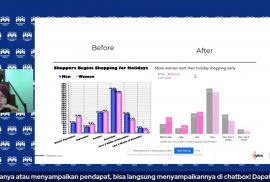“Ideally, the pre-crisis process is about how we manage day-to-day problems by doing issue monitoring, media monitoring, and social listening. It’s a way for us to navigate our identification on when a crisis could happen,” Adita Irawati said
Adita added, other than having a navigation, system, and manual, an organization/company also needs to do a simulation. Even though a crisis doesn’t happen, simulation still needs to be done so that we can have a sense of an alert situation.
The COVID-19 pandemic can be categorized as a non-natural disaster that was caused by a virus and is related to the society’s health problem that is potentially deadly. This became a crisis because it never happened before, a constant adjustment is needed, a cure has not been found, and it is human-transmittable.


